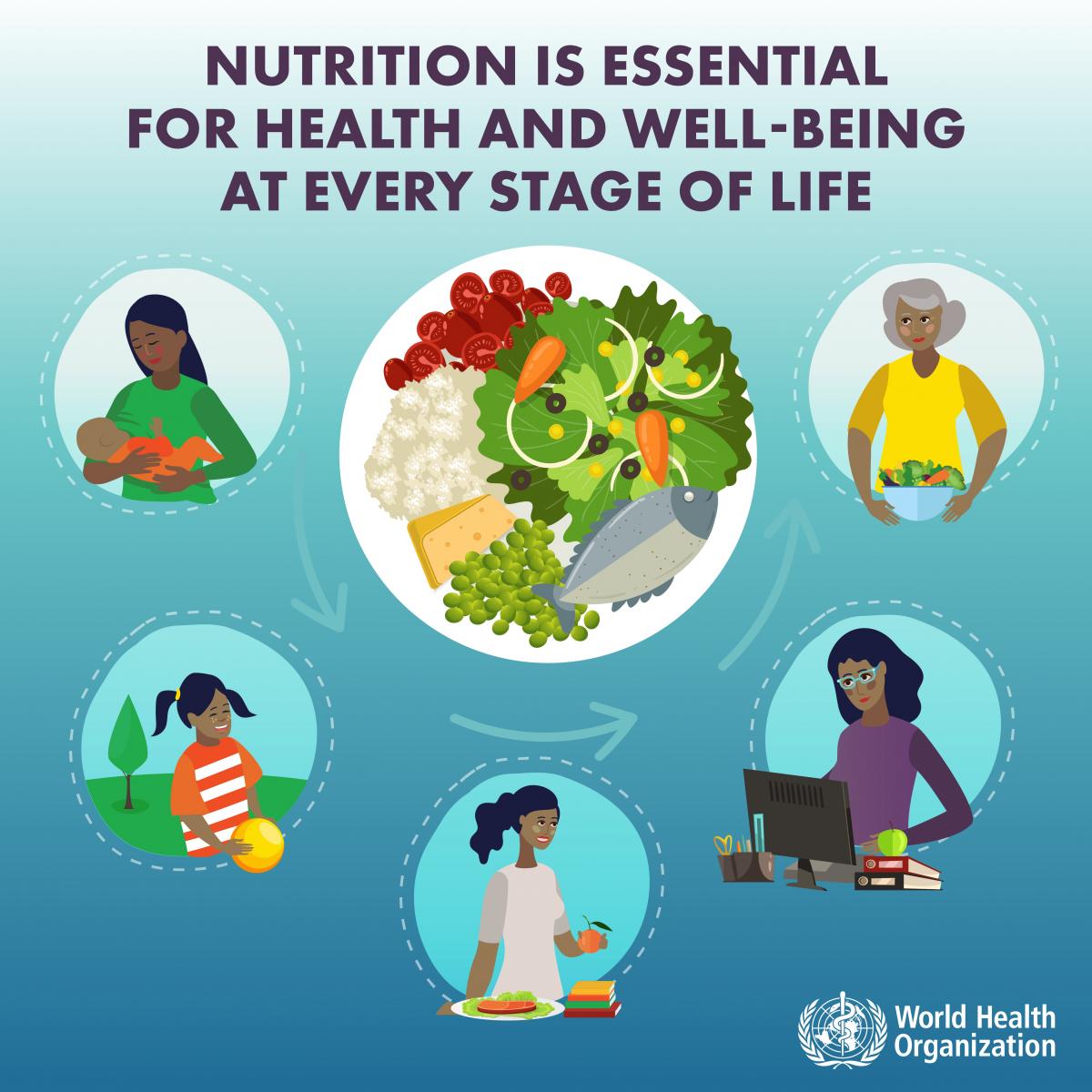News • Children's Food Campaign
World Health Organization says we need "stronger focus" on nutrition at every stage of life
The WHO say a focus on nutrition within health services could save 3.7 million lives by 2025.

Health services must integrate an emphasis of optimum nutrition at each stage of a person’s life, according to a new report released by the World Health Organization (WHO).
Essential health packages in all settings need to contain robust nutrition components, according to the WHO, but countries will need to decide which interventions best support their national health policies, strategies and plans. Key interventions include: providing iron and folic acid supplements as part of antenatal care; delaying umbilical cord clamping to ensure babies receive important nutrients they need after birth; promoting, protecting and supporting breastfeeding; providing advice on diet such as limiting the intake of free sugars in adults and children and limiting salt intake to reduce the risk of heart disease and stroke.
“In order to provide quality health services and achieve Universal Health Coverage, nutrition should be positioned as one of the cornerstones of essential health packages,” said Dr Naoko Yamamoto, Assistant Director-General at WHO. “We also need better food environments which allow all people to consume healthy diets.”
Essential Nutrition Actions’ primary purpose is to provide a compilation of actions to address malnutrition in all its forms, in a concise and user-friendly format. The aim is for this to be used to help in decision-making processes in national health policies, strategies, and plans based on country-specific needs and global priorities.
The world has made progress in nutrition but major challenges still exist. There has been a global decline in stunting (low height-for-age ratio): between 1990 and 2018, the prevalence of stunting in children aged under 5 years declined from 39.2% to 21.9%, or from 252.5 million to 149.0 million children, though progress has been much slower in Africa and South-East Asia.
Obesity, however, is on the rise. The prevalence of children considered overweight rose from 4.8% to 5.9% between 1990 and 2018, an increase of over 9 million children. Adult overweight and obesity are also rising in nearly every region and country, with 1.9 billion people overweight in 2016, of which 650 million (13% of the world’s population) are obese.
Published Tuesday 10 September 2019
Children's Food Campaign: Better food and food teaching for children in schools, and protection of children from junk food marketing are the aims of Sustain's high-profile Children's Food Campaign. We also want clear food labelling that can be understood by everyone, including children.





